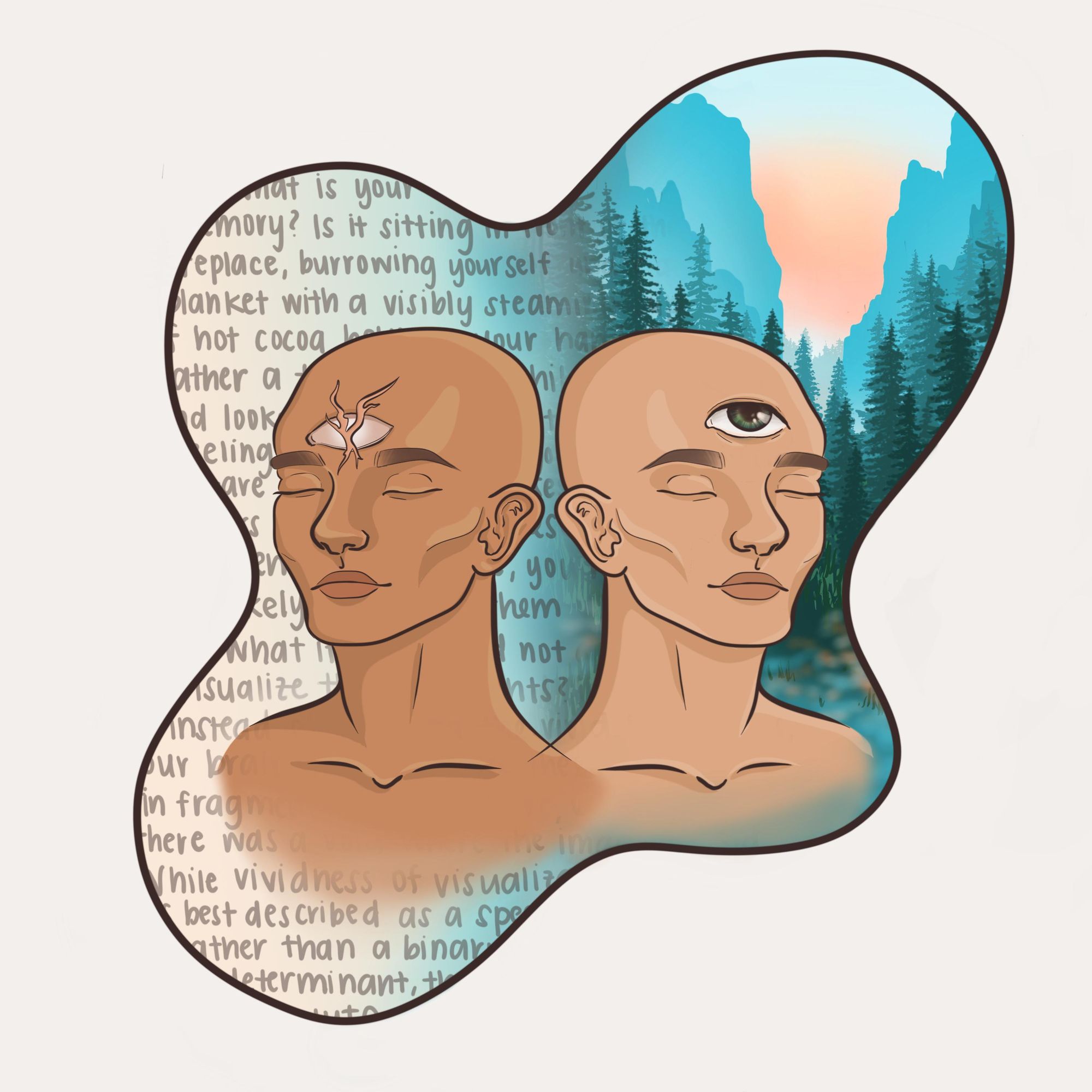
About 2% of the population is thought to have aphantasia.Aphantasia, the inability to produce mental sensory, can cause difficulty in certain areas of cognition, such as visual memory or recalling others' names and faces, a condition known as prosopagnosia, is believed to be prevalent in aphantasic individuals. Many aphantasic individuals seem to still be able to have vivid dreams, although a percentage remain fully unable to create any type of mental imagery. The complete effect of congenital aphantasia on individuals' day to day life is still largely unknown.
Although the cause of this is not known for certain, there may be evidence of familial occurrence. Researchers have also noted the actual area affected by aphantasia is unknown, though there is evidence that points towards the primary visual cortex being the affected area. Congenital aphantasia is characterized as the life-long lack of voluntary mental sensory. This is the type of aphantasia that most people have. Altough, in rare cases, it can result from a stroke, head injury, or episode of depression. The onset of aphantasia opens a window into understanding how sudden changes in cognitive abilities can alter one's perception and interaction with the world.

oooosdfjaoineoainsd
0000000000000